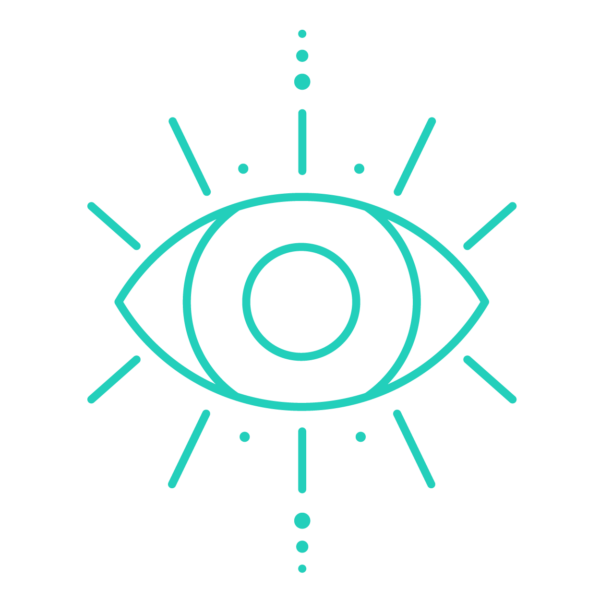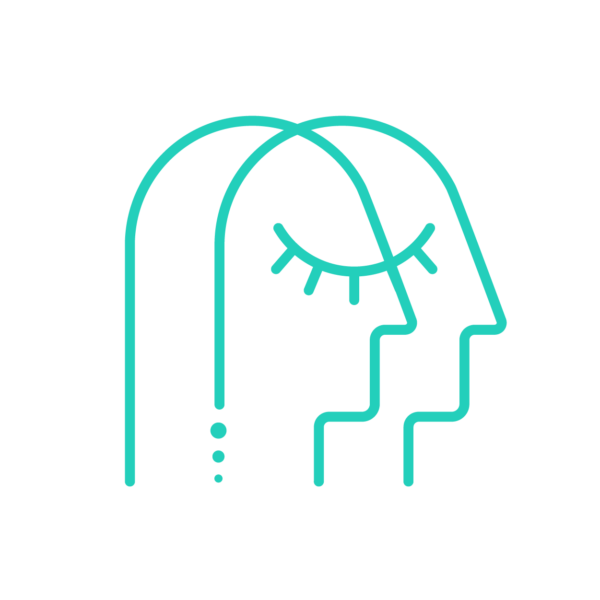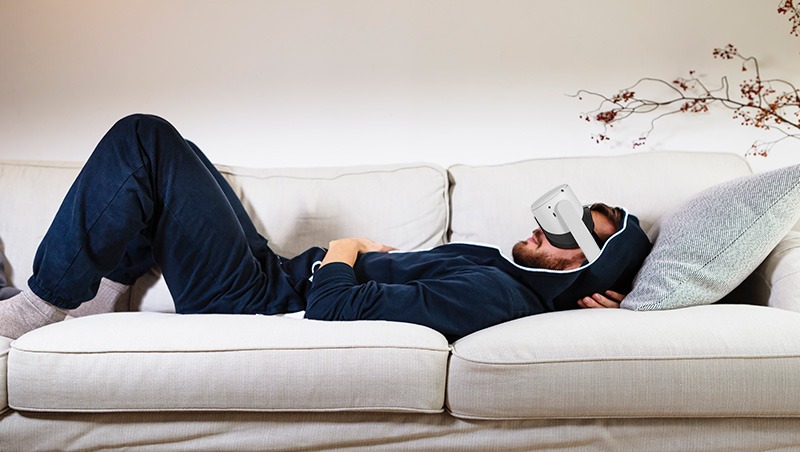




Sleep is one of the most important things in our lives. It’s a time when we recharge and it is also a time where our brain processes everything that we do throughout the day. What happens when you have sleep anxiety?

Sleep anxiety occurs when you’re worried about not being able to fall asleep. It also goes in hand with general anxiety. You feel you have to stay awake to be watchful and alert. It’s a vicious cycle when you can’t sleep because of anxiety, but the inability to fall asleep gives you anxiety about not getting enough rest.
If you’re experiencing sleep anxiety, you might often have trouble sleeping and wake up frequently during the night. You may also feel tired during the day because of your poor sleep.
Some people have anxiety about sleeping because they have ruminating thoughts about their day or about what might happen tomorrow. Some people have poor sleep habits in general like going to bed or waking at inconsistent times.
Some people just don’t sleep well, waking up too early in the morning without being able to get back to sleep. And some people feel anxious because they can’t fall asleep easily, tossing and turning in bed for hours before finally falling asleep.
If you’re struggling with the pressure to fall asleep, ruminating thoughts, or general sleep anxiety, there’s help.
It might be helpful to keep a journal near your bed so you can jot down any thoughts that seem to be on loop at night. When you lie down to fall asleep, you eliminate any distractions but sometimes that causes the anxious thoughts to become more noticeable. Putting your thoughts to paper can help get them out of your mind.
Another strategy to self-manage those anxieties is to use neurofeedback and guided meditation.
Meditation can help us sleep better, but how? Meditation for anxiety and sleep can help us better manage negative thoughts which can disturb sleep patterns. Meditation helps us avoid worrying about the past or future and instead focus on the present moment which helps with relaxation, this, in turn, helps with sleep quality. We’ve known for ages that meditation has many benefits, but for some of us, it can be a hard practice to engage in. Virtual reality can be a wonderful, visual supplement to your meditation practice because of the immersive quality. Neurofeedback is even more helpful to those who want to know if the experience is working because you can see your brain patterns change in real time.
Sleep hygiene begins during the day. To get the most effective results, you’ll want to use neurofeedback during the day before you ever think about getting ready for bed. Take a 5 minute break in the middle of the day. Frontiers in Psychology published a study showing a reduction in anxiety after a 4-minute Healium experience.
With an EEG headband and a virtual reality headset, you’re utilizing neurofeedback to increase your mind-body connection, see your own brainwaves patterns, and help yourself get into a focused calm state. In the Aurora Borealis experience above, you’ll see the screen tints red when you’re not in a focused calm state. That’s your visual indicator that you need to shift your thought patterns, take a deep breath or relax your body. Regular use can help you self-manage your mental resilience.
After you’ve completed your self-guided neurofeedback and meditation, you’re better prepared to approach bedtime with a sense of ease. However, you might still feel some anxiety welling up as you approach bedtime.
That’s when you’ll engage in the second part of our protocol. Using only the VR headset without the EEG headband, use the same VR experience that you used earlier in the day. This helps your brain create an associative memory and tap into stored memories that you learned during the neurofeedback session.
You’ll also feel relaxed by the nature-based VR experience. Float through the clouds or pass through the stars in a night sky. You’ll find after just a few minutes, you’ve given your brain an opportunity to relax, helping you fall asleep.
If you’re struggling with sleep anxiety and searching for solutions, consider virtual reality and neurofeedback. Our content is specifically designed to help you self-manage anxious thoughts and quiet your mind. We’ve added a new tab in our Healium app called Sleepium.
Sleepium is not a replacement for psychotropic medication and is not a treatment or replacement for professional counseling.
Learn more about Sleepium